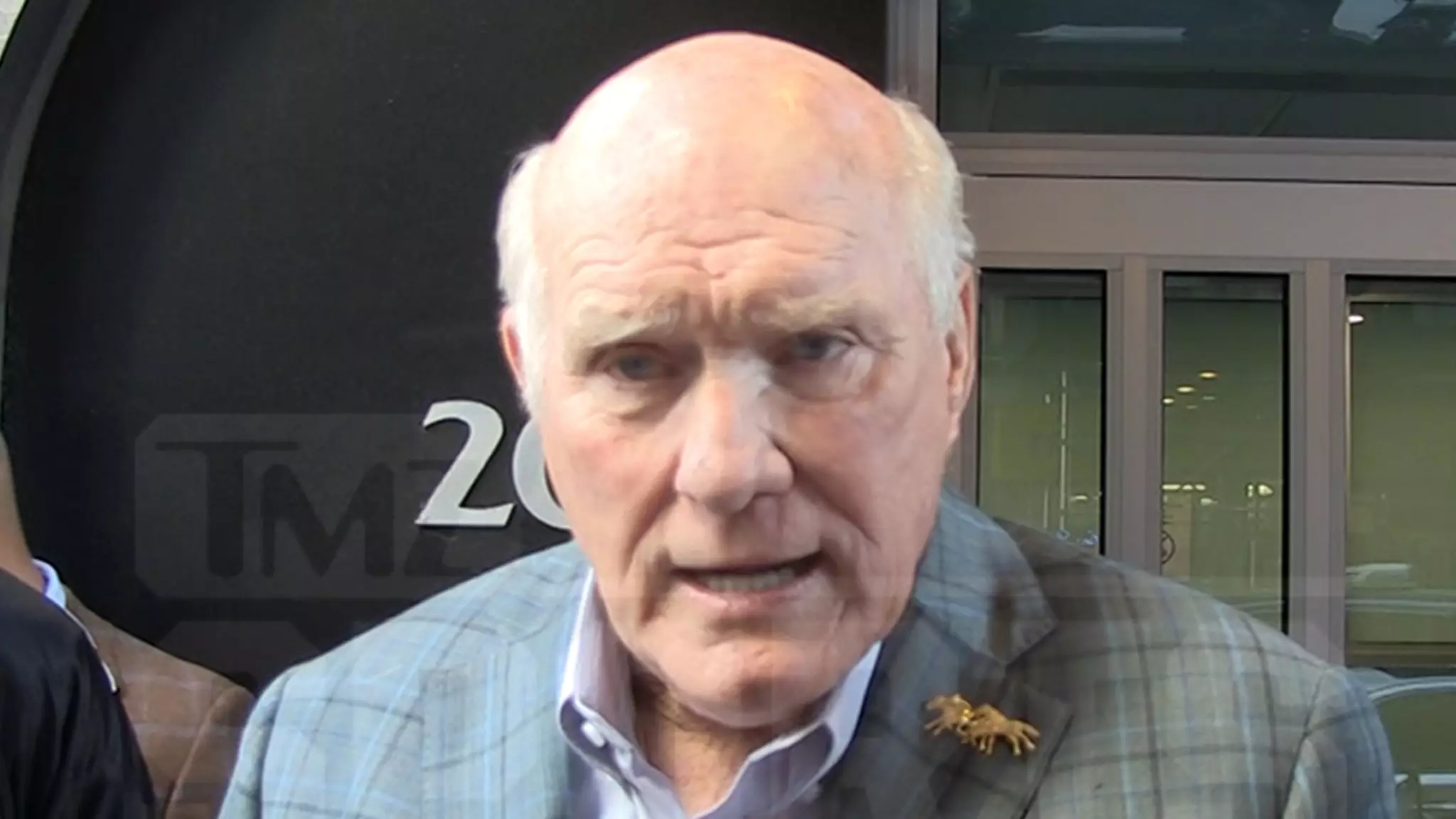The Pittsburgh Steelers find themselves at a crossroads this season, grappling with their choice of starting quarterback. Amid recent performances and injuries, the team faces mounting pressure to make the right decision. Terry Bradshaw, the legendary Hall of Famer, has voiced his support for Justin Fields, signaling that he would prefer the young quarterback continue to lead the team rather than pivot to Russell Wilson. This perspective reveals deeper layers of the discussion on player performance and team dynamics.
Bradshaw’s Standpoint: Youth Over Experience
Bradshaw’s endorsement of Fields stems from the belief that the current lineup should prioritize youthful athleticism and potential over the experience that Wilson brings. Bradshaw lauded Fields for his impressive athletic capability and ability to meld with the existing team framework. In a league that often favors dynamic playmakers, Fields’ ability to stretch the field and create plays is a crucial factor in an offense that requires adaptability and speed. The Steelers, currently tied for the lead in the AFC North with a 4-2 record, could achieve their offensive identity more effectively with Fields under center.
Despite receiving praise from Bradshaw, Fields himself has expressed doubt regarding his performance, demonstrating his self-awareness as he strives to improve. This introspection is vital as it reflects the mental hurdles that young quarterbacks often face. Fields’ acknowledgment that his performance means the question of who should start should be clear underscores the competition and pressure inherent to the position. Such transparency can serve to unite a locker room; however, it can also place unnecessary pressure on a player while navigating a volatile environment.
Head coach Mike Tomlin’s intentions seem aligned with Fields’ self-assessment, as indications suggest Wilson may be taking over starting duties against the New York Jets. The decision to pivot to Wilson raises questions about the influence of coaching strategy over individual player growth. Decision-makers within the organization must balance immediate performance with the long-term development of Fields, especially if he has the potential to become a cornerstone of the franchise. Sustainable success will depend on their ability to nurture talent rather than resorting to quick fixes, which can be tempting but ultimately counterproductive.
As the Steelers continue to navigate their quarterback quandary, the contrast between Bradshaw’s advocacy for Fields and the potential switch to Wilson showcases the complexities of sports management. With a focus on maintaining performance while fostering talent, the key lies in making choices that serve both immediate goals and future aspirations. As the season progresses, the world will watch closely to see which quarterback leads the Steelers into potential playoff contention, all the while scrutinizing the wisdom of their choices. The ultimate question remains: can the Steelers commit to growth and development, or will they fall back on the safety of familiar names? The answers could shape not only this season but the future of the franchise.

